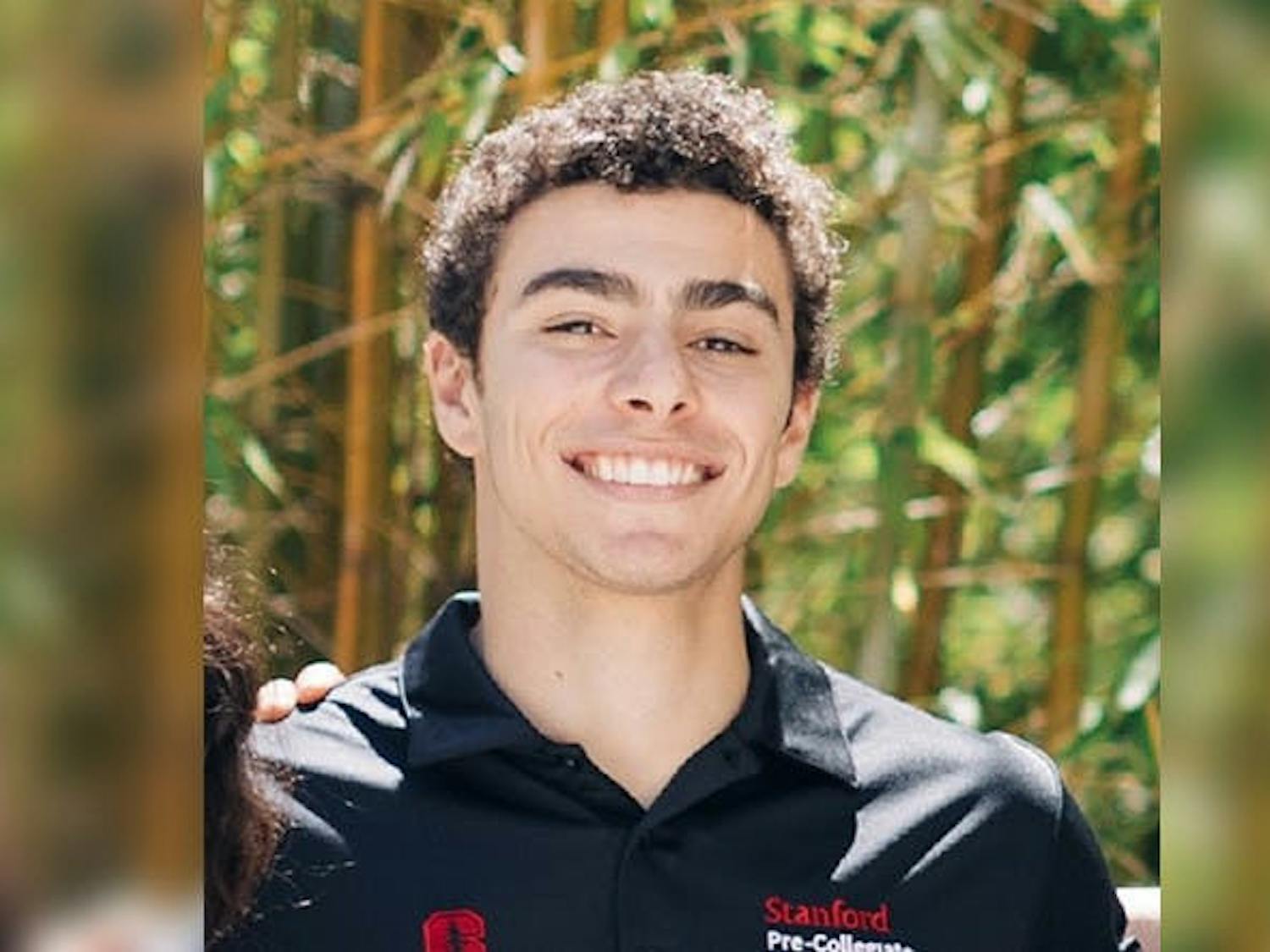Penn Law students are teaching a 10-week legal studies course at the Graterford State Prison, at no charge to the inmates.
And this group is only one of many from the Penn Law school involved in such pro bono work.
Penn Law currently requires its students to participate in 70 hours of law-related public service in order to graduate.
According to Susan Feathers, the director of Penn Law's Public Service Program, the pro bono projects are "at the core of the Penn Law experience."
And the American Bar Association -- the accrediting body for law schools -- would like to see this attitude become more widespread. The ABA may soon require law schools to offer "substantial opportunities" for student participation in pro bono work.
A policy revision encouraging law-related community service was approved by the legal education section of the ABA in December and is likely to go into effect if the organization's top leadership gives the go-ahead in August.
According to ABA spokesman Karl Camillucci, this policy does not require law schools to make pro bono work mandatory for graduation. Rather, it encourages law schools to show they are trying to offer pro bono activities for students.
But Penn administrators are confident that the opportunities at Penn already make the cut.
According to Feathers, Penn Law remains one of the top law schools in terms of promoting pro bono work.
She added that each year many students end up exceeding their pro bono requirements.
In last year's graduating class, for example, 77 percent of the students accumulated more public service hours than required.
This is indicative of a long-standing tradition. Penn Law was the first national law school to mandate such a policy in 1989, Feathers said, adding that the object of the program was to help bridge the "tremendous gap between the legal needs of the poor" and rich at that time.
And though the pro bono requirement is an extension of students' coursework, it is also there "professional responsibility ... and moral duty. Where better to learn this than law school?" she said.
Penn's public service program is marked by the variety of student-run pro bono initiatives.
One group of 24 law students taught 340 inner-city high school students about the Constitution this month. The project culminated in a competition between the students directed by actual judges.
Another group offers legal assistance to unemployed Philadelphians and helps them claim unemployment compensation.
Some groups advocate animal rights, while others assist immigrant detainees.
Adam Brenneman, a third year Penn Law student and the leader of the Unemployment Compensation Project said that pro bono experience is essential for lawyers.
He added that pro bono work also helps law students gain practical skills and paint a more compassionate portrait of their profession.
"Not only do we get to give back to the community, but we also improve our image, " Brenneman said. "People who don't have access to traditional legal services are now getting access to them."








